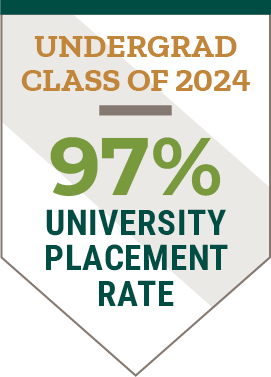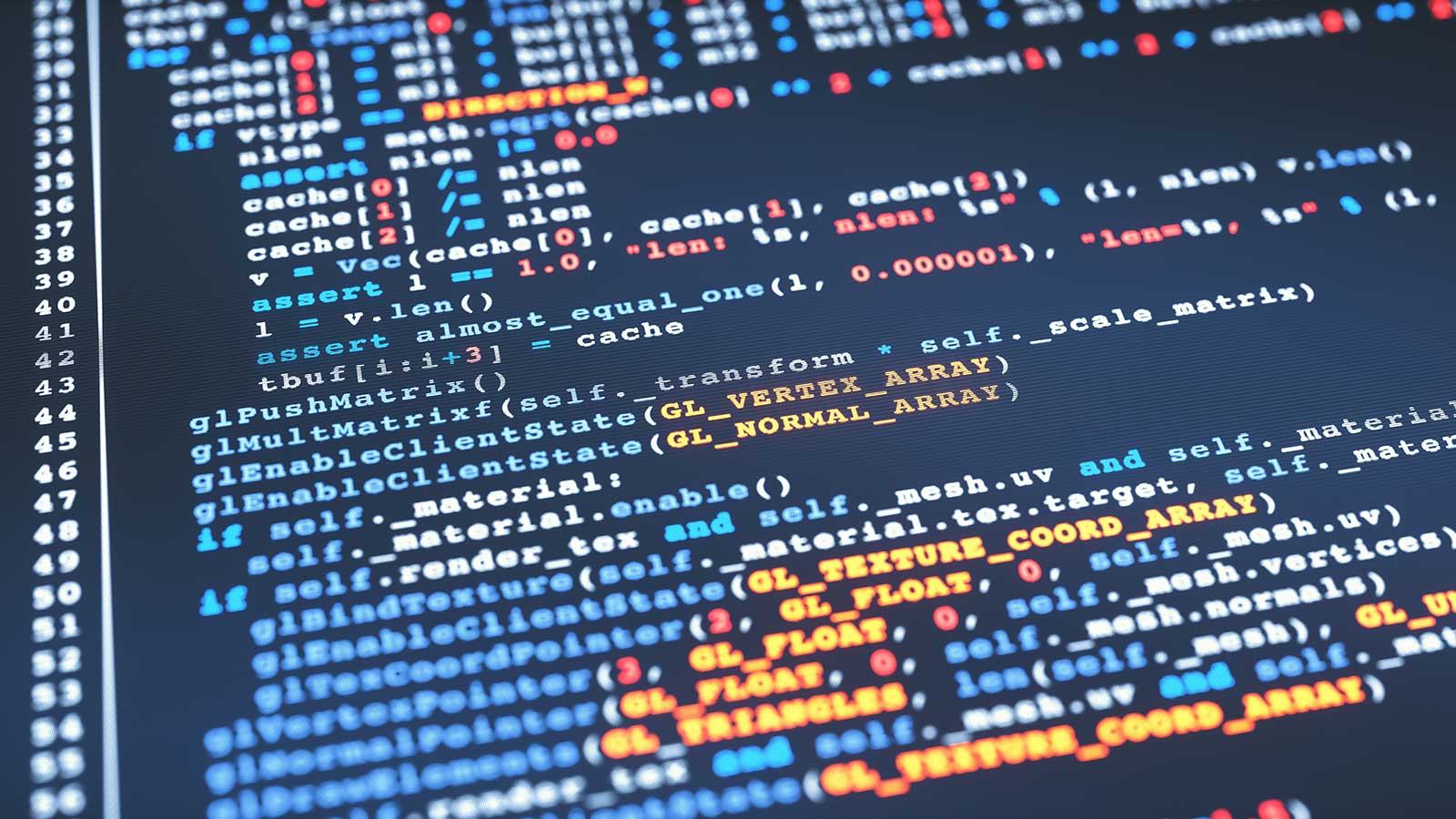
Influence the Future of Technology
Computer engineers shape the pace of modern technology. They use math and science creatively to solve real-world problems. As a graduate of Clarkson University's Bachelor of Science in Computer Engineering program, you'll find career opportunities in a wide variety of companies across all sectors of the economy. Our program offers personalized education, accessible professors and a collaborative culture.





